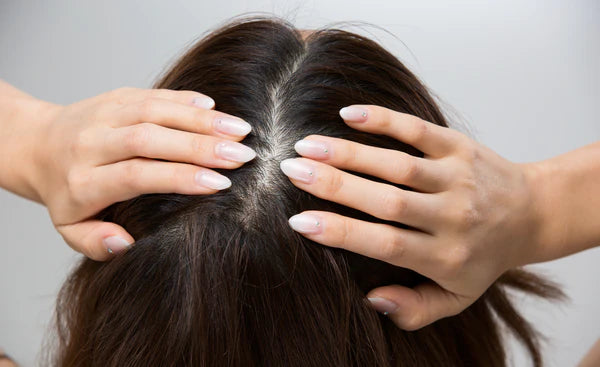
While there is no single multivitamin that is guaranteed to promote hair growth, there are several nutrients that are important for maintaining healthy hair and may be included in a multivitamin supplement. These nutrients include biotin, vitamin D, iron, zinc, and vitamin B12.
Biotin, also known as vitamin H, is a B vitamin that plays a key role in the growth and maintenance of healthy hair, skin, and nails. Studies have shown that biotin supplementation may help to improve hair thickness and reduce hair loss in people with biotin deficiency. While most people get sufficient biotin through their diet, some people may benefit from supplementation, particularly if they have a medical condition that affects biotin absorption.
Vitamin D is another important nutrient for hair growth, as it plays a role in the regulation of hair follicle cycling and helps to prevent hair loss. Vitamin D deficiency has been linked to hair loss in some studies, and supplementation may be beneficial for people with low levels of vitamin D. However, it is important to note that excessive vitamin D intake can be harmful, so it is important to consult with a healthcare provider before starting any supplement regimen.
Iron is also important for hair growth, as it is involved in the production of hemoglobin, which carries oxygen to the body's tissues. Iron deficiency can lead to anemia, which can cause hair loss and other symptoms. While most people get sufficient iron through their diet, some people may be at risk for iron deficiency, particularly women who are menstruating or pregnant.
Zinc is another mineral that is important for maintaining healthy hair, as it plays a role in the production of keratin, a protein that makes up hair, skin, and nails. Zinc deficiency has been linked to hair loss in some studies, and supplementation may be beneficial for people with low levels of zinc. However, as with vitamin D, excessive zinc intake can be harmful, so it is important to consult with a healthcare provider before starting any supplement regimen.
Vitamin B12 is also important for hair growth, as it plays a role in the production of red blood cells, which carry oxygen to the body's tissues. Vitamin B12 deficiency can lead to anemia and hair loss, among other symptoms. While most people get sufficient vitamin B12 through their diet, some people may be at risk for deficiency, particularly those who follow a vegan or vegetarian diet.
While there are several nutrients that are important for maintaining healthy hair, it is important to note that supplements are not a substitute for a healthy diet. Eating a balanced diet that includes a variety of fruits, vegetables, whole grains, lean proteins, and healthy fats is the best way to ensure that you are getting all of the nutrients your body needs for healthy hair and overall health.
If you are considering taking a multivitamin supplement for hair growth, it is important to consult with a healthcare provider to determine if it is appropriate for you and to discuss the appropriate dosage and potential side effects. It is also important to choose a reputable brand that has been tested for purity and safety.